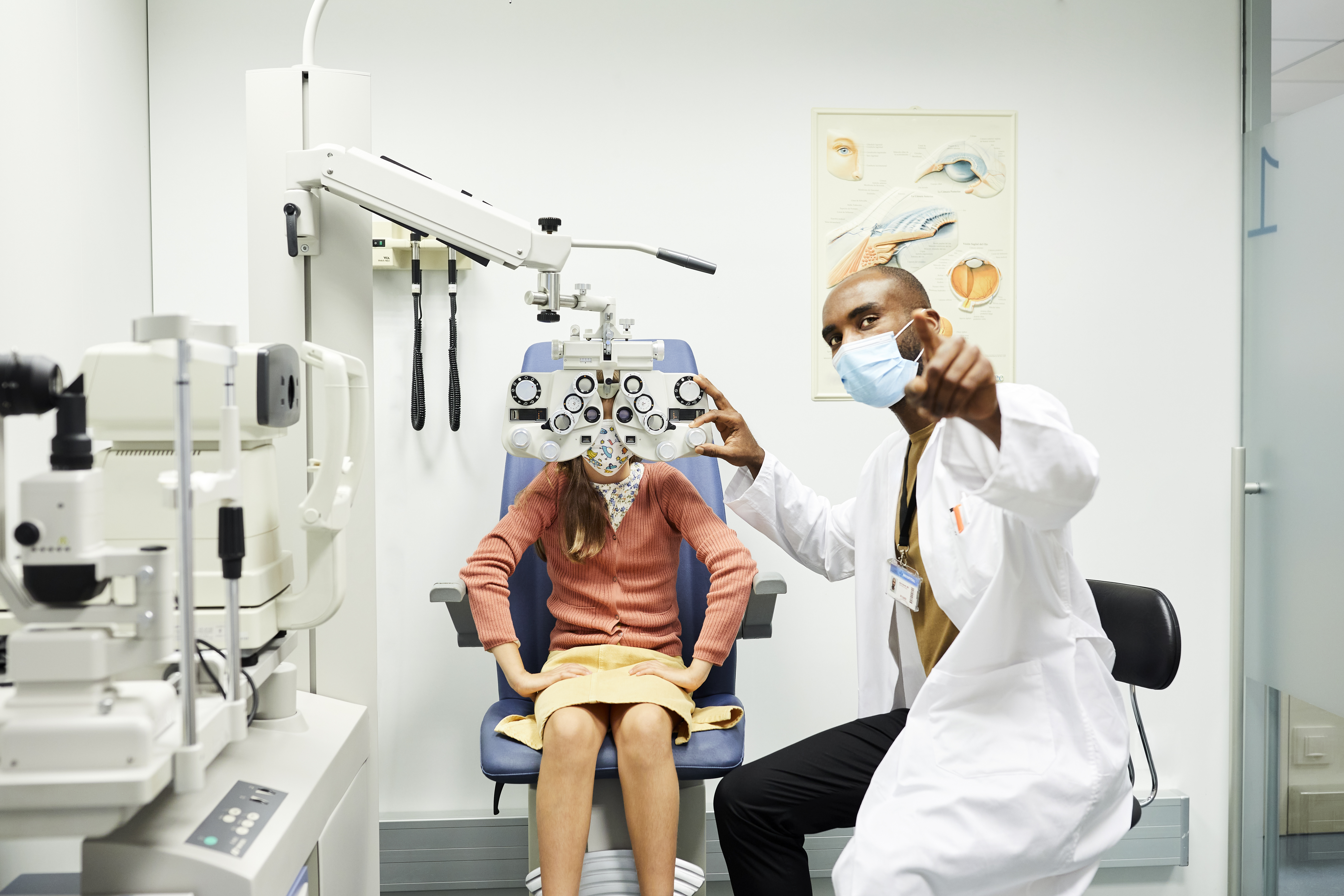This is the fourth in a series of four “We Mean Health” articles that can help New Yorkers live healthier lives.
Did you know that an estimated 1.7 million New Yorkers have diabetes, and that 90% of people with diabetes don’t even know they have it?1
Can those statistics change? Yes, they can! Type 2 diabetes can be reversed and possibly prevented through early detection and simple lifestyle modifications. To find out if you’re at risk for, or have, diabetes, here’s what you need to know and what you can do about it.
Awareness is key to determining if you are at risk for diabetes and in determining the type of diabetes you have if you are diagnosed with the condition. So, what is diabetes and what are the types of diabetes?
Diabetes is a chronic disease that occurs either when the pancreas does not produce enough insulin or when the body cannot effectively use the insulin it produces. Insulin is a hormone that regulates blood sugar.2
The risk factors of having diabetes—such as your family history, your age, and your weight, amongst others—vary, as there are different risk factors associated with different types of diabetes. Types of diabetes include prediabetes, type 1, type 2, and gestational diabetes (diabetes while pregnant).
Every November is American Diabetes Month so take the opportunity to increase your awareness while the disease is in focus in your community and around the country. Visit your local clinic, or health care or community center, and look for health kiosks or tents where diabetes awareness literature is distributed so that you can learn more about the disease.
No matter the month, it’s always the right time to reach out to your primary care provider (PCP), who can guide you in assessing your diabetes risk factors, what you can do to prevent diabetes, or how to manage diabetes if you are diagnosed with the condition. A PCP may be a doctor, physician assistant, nurse practitioner, or other health care professional. If you don’t have a PCP, find care and schedule an appointment. When you make an appointment, let them know you’d like to get screened for diabetes.
What’s involved in a diabetes screening? Your PCP will perform a simple blood test: The A1C, fasting plasma glucose (FPG), and oral glucose tolerance (OGTT) tests are used to determine blood glucose levels. Ask your PCP what test is right for you.
In addition to scheduling your screening, here’s something else you can do right now to prevent, or manage, diabetes. Dr. Seema Massand, MD, a board-certified internal medicine doctor at AdvantageCare Physicians, says that “A well-balanced diet is crucial to a healthy lifestyle. Healthy eating is especially important if you or someone close to you is living with diabetes.”*
Speak to your PCP about a diabetes preventive care plan that suits you best during your diabetes screening. Make sure to review your insurance plan to see what’s covered for both preventive and managed diabetes care. If you need a health plan, we can help connect you to coverage that suits your needs.
Read all four articles and find more resources for health risks that may affect you and your fellow New Yorkers at emblemhealth.com/wemeanhealth.
At EmblemHealth, we go beyond coverage to connect you to nearby care and health and wellness resources that can help keep you healthy. Because we don’t only mean coverage, we mean health. EmblemHealth is one of America’s largest not-for-profit health insurers, serving more than three million people in the New York tristate area. With an over 80-year legacy of serving New York communities, EmblemHealth offers a full range of commercial and government-sponsored health plans to employers, individuals, and families as well as virtual and in-person community resources through EmblemHealth Neighborhood Care.
1 NY State Department of Health, 2021, Centers for Disease Control and Prevention; NY State Department of Health, 2021
2 World Health Organization, www.who.int/news-room/fact-sheets/detail/diabetes
*AdvantageCare Physicians is a subsidiary of EmblemHealth and is one of the largest primary and specialty care medical practices in the New York area. AdvantageCare Physicians’ team-based approach to care means EmblemHealth members have access to doctors, nurses, social workers, nutritionists, behavioral health specialists, and other professionals. Through BronxDocs, an affiliate of AdvantageCare Physicians, EmblemHealth members and other patients also have access to primary and specialty care in the Bronx.







